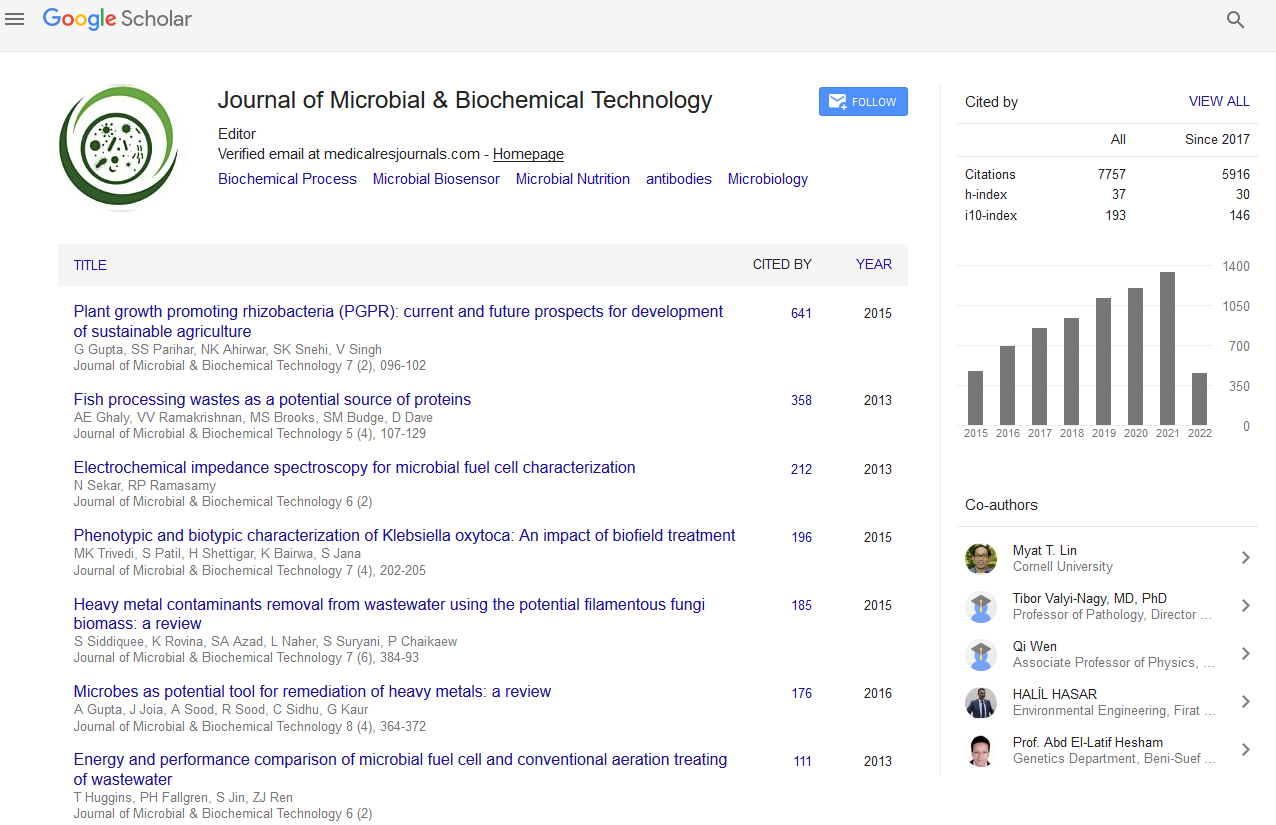PMC/PubMed Indexed Articles
Indexed In
- Academic Journals Database
- Genamics JournalSeek
- Academic Keys
- JournalTOCs
- China National Knowledge Infrastructure (CNKI)
- Scimago
- Access to Global Online Research in Agriculture (AGORA)
- Electronic Journals Library
- RefSeek
- Directory of Research Journal Indexing (DRJI)
- Hamdard University
- EBSCO A-Z
- OCLC- WorldCat
- SWB online catalog
- Virtual Library of Biology (vifabio)
- Publons
- MIAR
- University Grants Commission
- Geneva Foundation for Medical Education and Research
- Euro Pub
- Google Scholar
Useful Links
Share This Page
Journal Flyer

Open Access Journals
- Agri and Aquaculture
- Biochemistry
- Bioinformatics & Systems Biology
- Business & Management
- Chemistry
- Clinical Sciences
- Engineering
- Food & Nutrition
- General Science
- Genetics & Molecular Biology
- Immunology & Microbiology
- Medical Sciences
- Neuroscience & Psychology
- Nursing & Health Care
- Pharmaceutical Sciences
Dairy Propionibacterium strains with potential oxalate degrading activity and the effect of exopolysaccharide production
Joint Event on 4th World Congress and Expo on Applied Microbiology & 2nd International Conference on Food Microbiology
November 29-December 01, 2017 Madrid, Spain
Derya Onal Darilmaz, Orhan Oruc, Orhan Cetin and Ebru Ceylan
University of Aksaray, Turkey
Posters & Accepted Abstracts: J Microb Biochem Technol
Abstract:
Hypercalciuria and hyperoxaluria are among the most important pathophysiologic causes of kidney stone formation. An increased intestinal absorption of oxalate is known to lead to hyperoxaluria with a significantly enhanced risk of urinary stone formation. In the present study, five strains of Propionibacterium were examined for their abilities to survive at 10 and 20 mM oxalate concentrations, and exopolysaccharide (EPS) production in these conditions as well as oxalate degrading activities. To determine the toxic effect of oxalate on EPS production ability and viability, EPS production of Propionibacterium strains was determined in yeast extract-lactate (YEL), 10 and 20 mM YEL-ox media. All strains grew in the presence of 10 and 20 mM sodium oxalates illustrating that oxalate at these concentrations are not toxic to Propionibacterium strains. No major loss of viability was observed at YEL-ox media. A high variability in the oxalate-degrading capacity was found in the different species and oxalate concentrations. The high EPS-producing P. jensenii BDP6 and P. freudenreichii subsp. freudenreichii DO8 strains showed high oxalate degrading activity, whereas the low EPS-producing P. jensenii DO6 showed low oxalate degrading activity in both oxalate concentrations. A better understanding of the mechanisms related to EPS production and oxalate degrading activity can be used for preliminary screening in order to determine potentially probiotic bacteria applications for human or animal use.
Biography :
Derya Onal Darilmaz has completed her PhD from Gazi University. She is working as Associate Professor, Doctor in Aksaray University. Her areas of expertise are probiotics, food microbiology and microbial biotechnology. She has published more than 15 papers in reputed journals and serving as an Editorial Board Member and Referee in different reputed journals.


